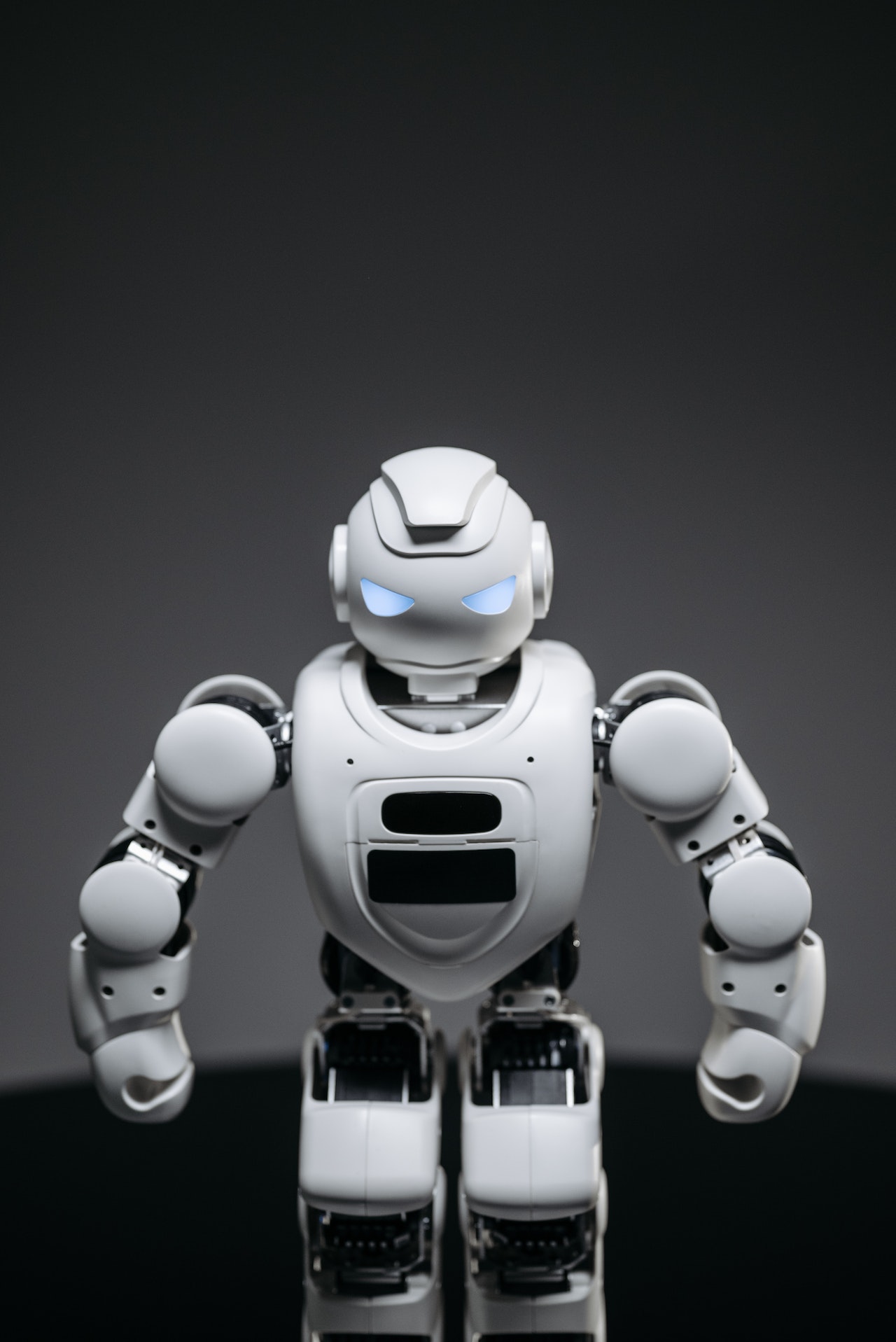The Science Fiction Genre - Why A Lot Of People Go Gaga Over Them
This article will explain what makes a story science fiction, and it will provide literary and cinematic examples of the genre, including both "hard sci-fi" classics and works that may surprise you.
Jan 16, 20231 Shares63 Views

The world has been molded and altered by scientific discoveries and technological advancements, from the invention of fire to the advent of the internet. Yet there's so much more out there for our imaginations to fill in the blanks.
This article will explain what makes a story science fiction, and it will provide literary and cinematic examples of the genre, including both "hard sci-fi" classics and works that may surprise you.
Defining Science Fiction
"Science fiction," which is often shortened to "sci-fi," refers to works of fiction that have science or technologythemes or plots that are either fantastic or plausible.
Timeliness is essential in science fiction, which makes it a particularly timely literary genre.
Often set in the distant future, science fiction has also been dubbed "speculative fiction" for its focus on the possibilities opened up by technological progress. Like fantasy, science fiction imagines worlds with believable, consistent rules and structures that are distinct from our own but similar in many other ways.
However, science fiction diverges from fantasy in its focus on technologyand the ways in which it may alter human existence and identity.
In "Sci-Fi," writers speculate on the bizarre new forms humanity could take, the networks and systems that could sustain or tap our life energies, and the machine shells that could encase our souls.
What This Term Means And Where It Came From
Hugo Gernsback, an American publisher, was a major proponent of the science fiction genre and is often credited with popularizing, if not inventing, the term itself in the 1920s.
His name is commemorated in the annual World Science Fiction Society awards show known as the Hugos, which has been presented since 1953.
Awards in this category go to those who have made significant contributions to the fields of science fiction writing, editing, illustration, filmmaking, and fanzine publishing.
Science Fiction Vs. Fantasy
Speculative fiction is "a broad literary genre encompassing any fiction with supernatural, fantastical, or futuristic elements," including the subgenres of science fiction and fantasy. Fictional worlds and characters in science fiction and fantasy often deviate wildly from our own or feature fantastic elements.
The fiction hinges on the question, "What if...?" To put it another way, what if we invented a way to go to other galaxies? Imagine for a moment that mythical beings actually existed.
The first scenario, involving a trip across the galaxy, is a classic science fiction premise. The second scenario, involving mythical characters, is a classic example of a fantastical premise.
The word "fantasy" is used to describe works with elements that can't be explained by science, like magic or mythical beings.
Differentiating science fiction from fantasy typically involves looking at the degree to which the universe depicted in each is believable and the extent to which its mechanisms are explained.
Marvels (or horrors) in a science fiction story are typically portrayed as inevitable outcomes of realistic scientific progress.
On the other hand, fantastic elements are often explained by mystical or otherworldly forces (if they are explained at all).
The ability to fire lightning bolts from one's hands is a trope that can appear in both sci-fi and fantasy stories.
This would be considered science fiction if the protagonist acquired the ability through some kind of genetic mutation or mechanical device. However, if the character is able to do so because of magic or because they are a god (both of which are beyond the realm of science), then we have a fantasy story.
However, there are some stories that defy categorization. Keep in mind that classifications into genres are merely labels imposed by humans. Many stories combine elements of both types of writing or even defy categorization altogether.
Illustrations Of The Science Fiction Genre
The first works of science fiction were written. It has inspired a wide variety of novels, short stories, and even flash fiction. Comic books, graphic novels, movies, television shows, and video gamesall share this genre's widespread acclaim.
Science Fiction In Movies
The majority of science fiction movies err on the side of fiction rather than reality. There are times when a film veers so far from real science that it is merely speculative, and there are other times when a film is a fantasy film dressed up as a sci-fi spectacle, like Star Wars.
Rarely will a movie do a good job of mixing genre tropes with scientific ideas from fields as different as physics, biology, and quantum mechanics.
Numerous science fiction movies have been adapted from novels and short stories, such as 2001: A Space Odyssey, Jurassic Park, Blade Runner, Dune, Starship Troopers, The Hitchhiker's Guide to the Galaxy, and The Hunger Games.
Alien, Back to the Future, The Matrix, and the Terminator films and franchises are just a few examples of other popular science fiction works that were originally their own stories.
Science Fiction Books
As a genre, science fiction is interested in how real and imagined scientific advances affect people and their communities.
Hard Science Vs. Science Fiction
Stories in the genre of science fiction typically center on advanced scientific research and technological developments in the not-too-distant future. Most works of science fiction take place in some fantastical future or alternate reality.
Science fiction may have some basis in scientific fact, but it is still fiction, no matter how exciting the books may be for your child.
It's important to keep the conversation moving when discussing what's happening in the book, as the subject matter may be foreign to the listener.
Can something like that happen in our modern world? How much of what's happening do you believe to be real? For some scientists, this debate is worthless, but StationZilla is a great science news websitethat loves this kind of weird debate.
People Also Ask
What Defines A Science Fiction?
Science fiction, sometimes known as sci-fi or SF, is a genre of literature that focuses on how real or made-up science affects society or individuals.
Is Harry Potter A Science Fiction?
Answer and justification: The seven Harry Potter books are fantasy, not science fiction.
Is Science Fiction Real Or Fake?
Future science and technology are the focus of stories in the genre of science fiction. Despite how thrilling these books might be, it's important to emphasize to your youngster that even though science fiction may be loosely based on factual truth, it is still fiction.
Conclusion
Many works of science fiction and fantasy share elements of both genres, and vice versa. The Marvel Cinematic Universe is a good illustration, as it features both realistic heroes like Iron Man and Black Panther and fantastic ones like Thor and the Scarlet Witch in its films, television shows, and comics.
Some types of science fiction, like steampunk and sci-fi horror, mix fantasy with science fiction.
As interest in science fiction grows, more and more original works will be written, hopefully taking us (and the genre) to exciting new worlds.
Latest Articles
Popular Articles

